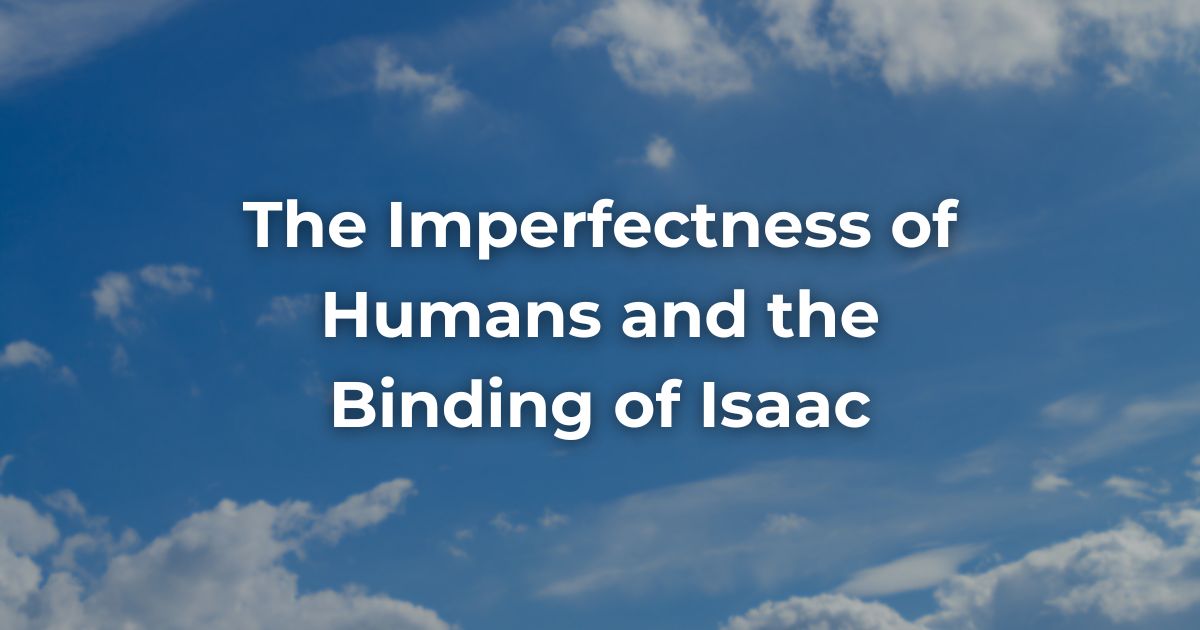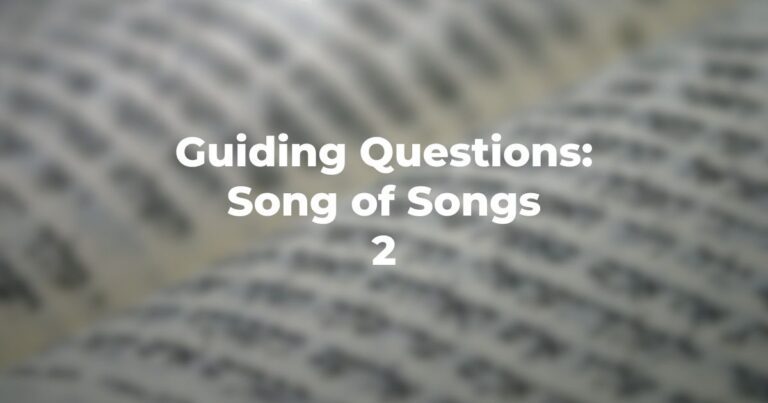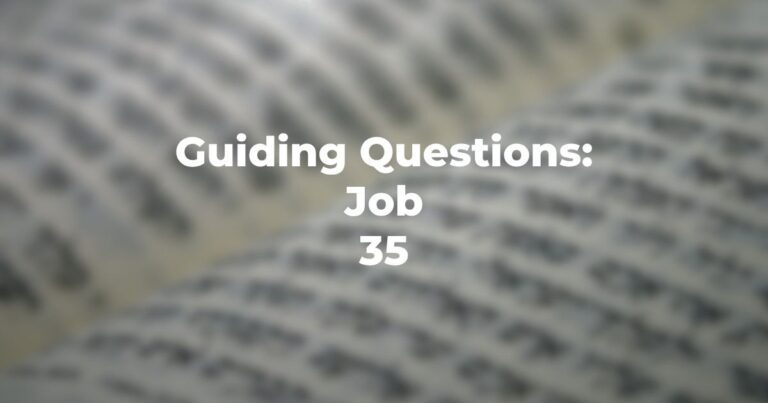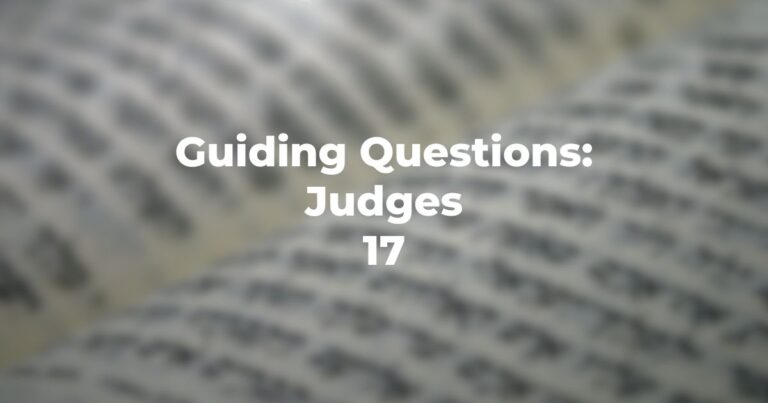This Rosh HaShana, we encountered one of the most famous—and most troubling stories in our tradition: the Akeda, the Binding of Isaac.
Genesis 22 begins with God’s test of our forefather. God calls out to Avraham, and tells him to take Isaac—his beloved son—up to Mount Moriah, and offer Isaac up as a sacrifice to God. At the last moment, as Isaac is bound on the altar, a ram appears before Avraham’s eyes, which God’s messenger tells him to sacrifice instead of Isaac. Avraham then receives a blessing from HaShem, God: that his people will grow to be as abundant as the sand.
Relieved yet deeply unsettled, we’re left wondering: is this a story about piety, submission, trust? Are we meant to emulate Avraham, or be disturbed by his actions?
On one hand, we can read it, plainly, as a test of Avraham’s faith in God. And indeed, many thinkers see it as a model of spiritual or emotional (and even physical) sacrifice. But others read this as a cautionary tale; Avraham was wrong, and his willingness to sacrifice his son was a model of what can happen when faith is taken too far.
But how can we know? Throughout the text, we do not get any of Avraham’s internality. Was he conflicted, terrified? Shaking in his sandals? Eager to show his devotion?
What we do know is that Isaac is the pride and joy of his life. So why doesn’t he argue with God, why doesn’t he push back—like Moses will later do in Exodus?
This year, the rabbi of my hometown synagogue asked me to introduce the Akedah before hundreds of congregants. My body froze upon hearing this request. I felt daunted by this task, unsure what conclusions I could offer. Out of desperation, I dug out my notebook from studying Genesis in rabbinical school last year. Flipping to the date when we studied this portion, I found before me a blank page, save for a single sentence written at the top—a quote from my teacher:
“The TorahRefers to the first five books of the Hebrew Bible, the Tanakh, also called the Five Books of Moses, Pentateuch or the Hebrew equivalent, Humash. This is also called the Written Torah. The term may also refer to teachings that expound on Jewish tradition. Read more gives us imperfect characters, because we are imperfect people.”
I let out a deep breath. I was grateful for this reminder: that it’s okay to take our ancestors off the pedestal. In fact, sometimes it’s exactly what we need.
Perhaps, Avraham is not the ideal model of a Godly man—after all, this is not the first or last time in Genesis we see his questionable behavior—but maybe he’s not an anti-hero either. Perhaps this is such a central story in our tradition because it is so painfully, confusingly, imperfectly, human.
This story speaks to a fundamental tension of being alive. For our lives to be full, meaningful, and rich—we must commit ourselves to something bigger than just us, and the material reality in front of us. For some it’s God, for others it’s politics, justice, or ideology, to name a few. But if taken too far, these commitments can cause us to lose sight of the very people we love most, those that stand right before us.
Maybe the Torah refrains from sharing Avraham’s internal monologue, so that we can each imagine ourselves in his shoes. Caught between an omni-present, omniscient, invisible divine power, and the person standing right in front of him. Caught between obeying something bigger than himself, and protecting his beloved son.
This is a season where we perform a heshbon hanefesh, an “accounting of the soul.” We make an effort to repair our relationships, to assess our commitments to God, to the broader world, and to each other. The story of the Akedah begs the question: what are our obligations within these relationships, and do they have limits? What is our responsibility to the divine (whatever that means to each of us), and what are our responsibilities to each other? How do we navigate the moments when our commitments clash?
There won’t be easy answers to any of these questions. But as we continue to move through this season, we can imagine this painful catch-22 that our ancestor experienced thousands of years ago. As we navigate conflicting commitments and relationships during these Yamim Noraim, these days of awe, we can catch glimpses of ourselves in this human, messy, complicated story of Avraham, our ancestor.
Author
-

Gila Axelrod (she/they) is a second-year rabbinical student at Hebrew College. Before starting this journey, Gila served as Editor in Chief of New Voices Magazine. After studying Jewish Thought and Sociology at JTS/Columbia, they went on to manage research programs at the Shalom Hartman Institute, create an LGBTQ+ Rosh Hodesh group, complete a year of service with Americorps, and run workshops on body acceptance. Gila loves to write and talk about grief, disability theory, neurodivergence, queerness, and how these topics can be understood through a Jewish lens. Her work has been featured in Lilith Magazine, Hey Alma, The Philadelphia Citizen, and more. She lives in Cambridge with her girlfriend Hannah, and their puppy, Penny Babka.
View all posts





